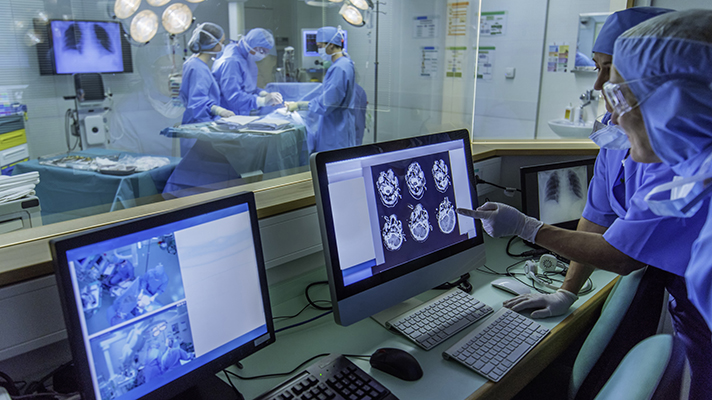
Revolutionizing Healthcare: The Impact of Innovative Installations in Hospitals
In the ever-evolving landscape of healthcare, hospitals are increasingly turning to cutting-edge installations to enhance patient care, improve operational efficiency, and create a more comfortable and secure environment. From state-of-the-art medical equipment to smart building technologies, these installations are transforming the way healthcare is delivered. In this article, we will explore some of the most noteworthy installations in hospitals that are revolutionizing the patient experience and healthcare delivery Etude fluides médicaux.
- Advanced Imaging and Diagnostic Equipment:
One of the crucial aspects of modern healthcare is accurate and timely diagnosis. Hospitals are investing in advanced imaging and diagnostic equipment to provide more precise insights into patients’ conditions. High-tech MRI machines, CT scanners, and digital X-ray systems are not only improving diagnostic accuracy but also reducing the time required for diagnostics. This results in quicker treatment decisions and improved patient outcomes.
- Telemedicine Infrastructure:
The advent of telemedicine has been accelerated by recent global events, and hospitals are adapting by incorporating robust telemedicine infrastructure. This includes video conferencing capabilities, secure patient data management systems, and remote monitoring devices. These installations enable healthcare professionals to provide consultations, monitor patients’ health remotely, and offer timely interventions without the need for in-person visits.
- Smart Patient Monitoring Systems:
Continuous monitoring of patients is crucial for identifying and addressing health issues promptly. Smart patient monitoring systems, equipped with sensors and wearable devices, allow healthcare providers to track vital signs and other health parameters in real-time. These installations enhance patient safety by enabling early detection of potential complications and reducing the need for constant manual monitoring.
- Automated Pharmacy Systems:
Hospitals are streamlining their pharmacy operations with automated systems that handle medication dispensing, inventory management, and prescription tracking. These installations not only reduce the risk of medication errors but also enhance the efficiency of pharmacy services. Automated pharmacy systems contribute to better medication adherence and ensure that patients receive the right medications at the right time.
- Energy-Efficient and Sustainable Solutions:
In an era where environmental sustainability is a global priority, hospitals are adopting eco-friendly installations to reduce their carbon footprint. Energy-efficient lighting, heating, and cooling systems, as well as solar panels and green roofs, are being integrated into hospital infrastructures. These sustainable installations not only contribute to environmental conservation but also help hospitals cut down on operational costs in the long run.
- Innovative Hospital Design and Layout:
Beyond medical technology, the physical layout and design of hospitals play a crucial role in patient well-being. Hospitals are investing in innovative designs that prioritize natural light, open spaces, and healing environments. Integrating art, nature, and comfortable furnishings creates a more positive and calming atmosphere for patients, families, and healthcare professionals.
Conclusion:
The incorporation of advanced installations in hospitals represents a significant leap forward in healthcare delivery. From improving diagnostic capabilities to enhancing patient comfort and streamlining operations, these innovations are shaping the future of healthcare.